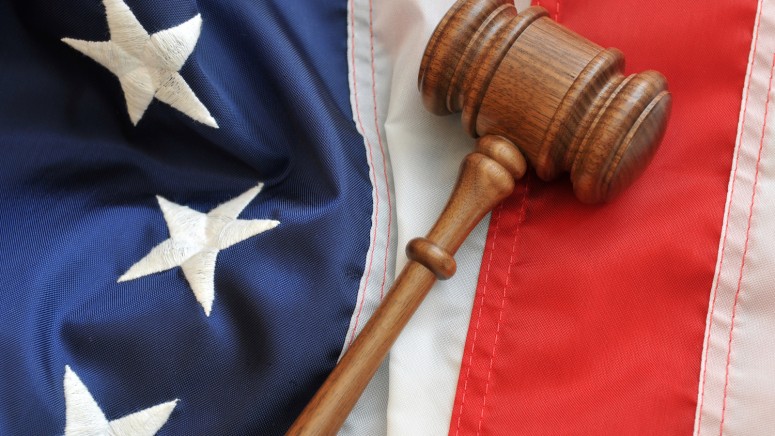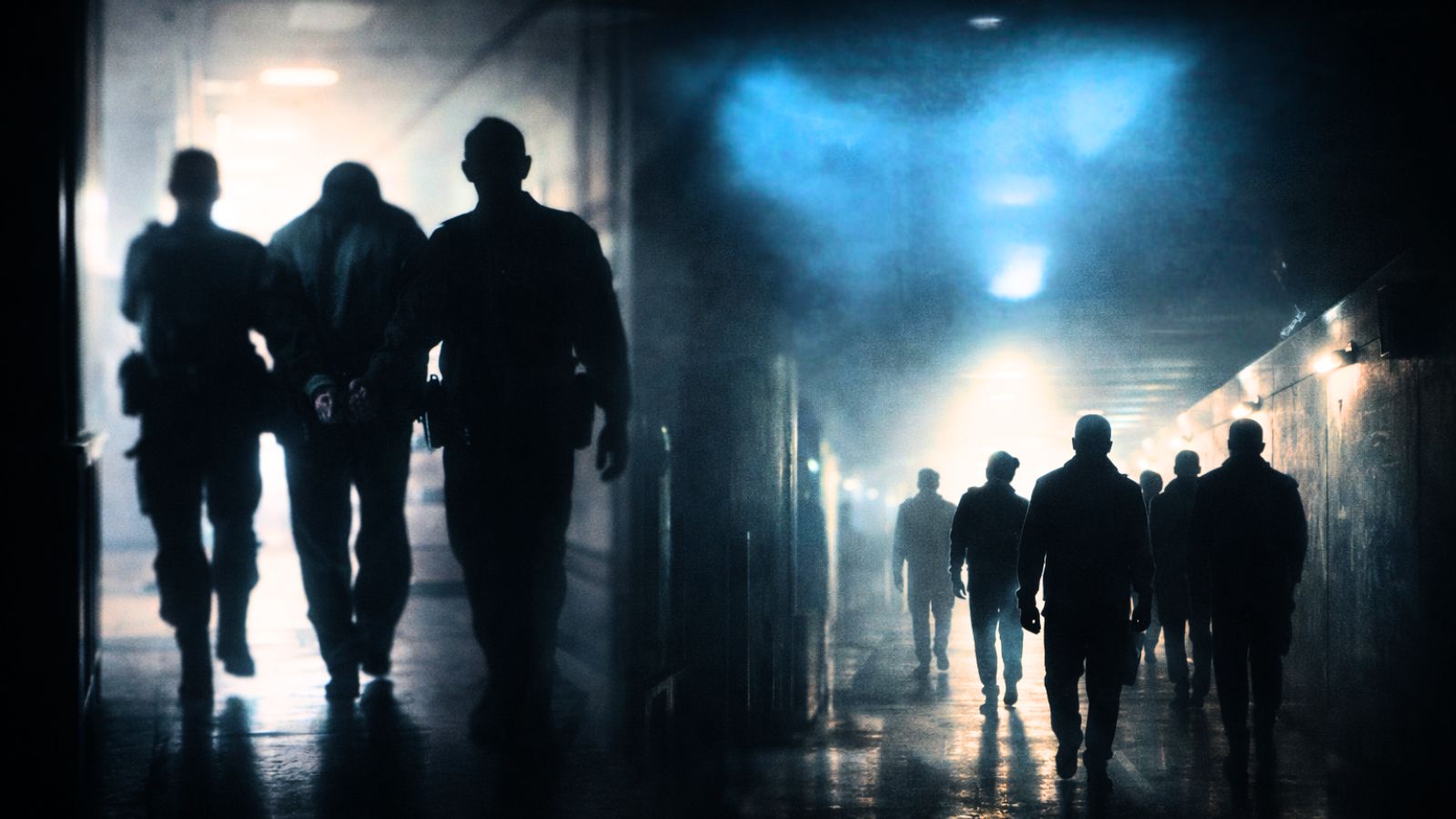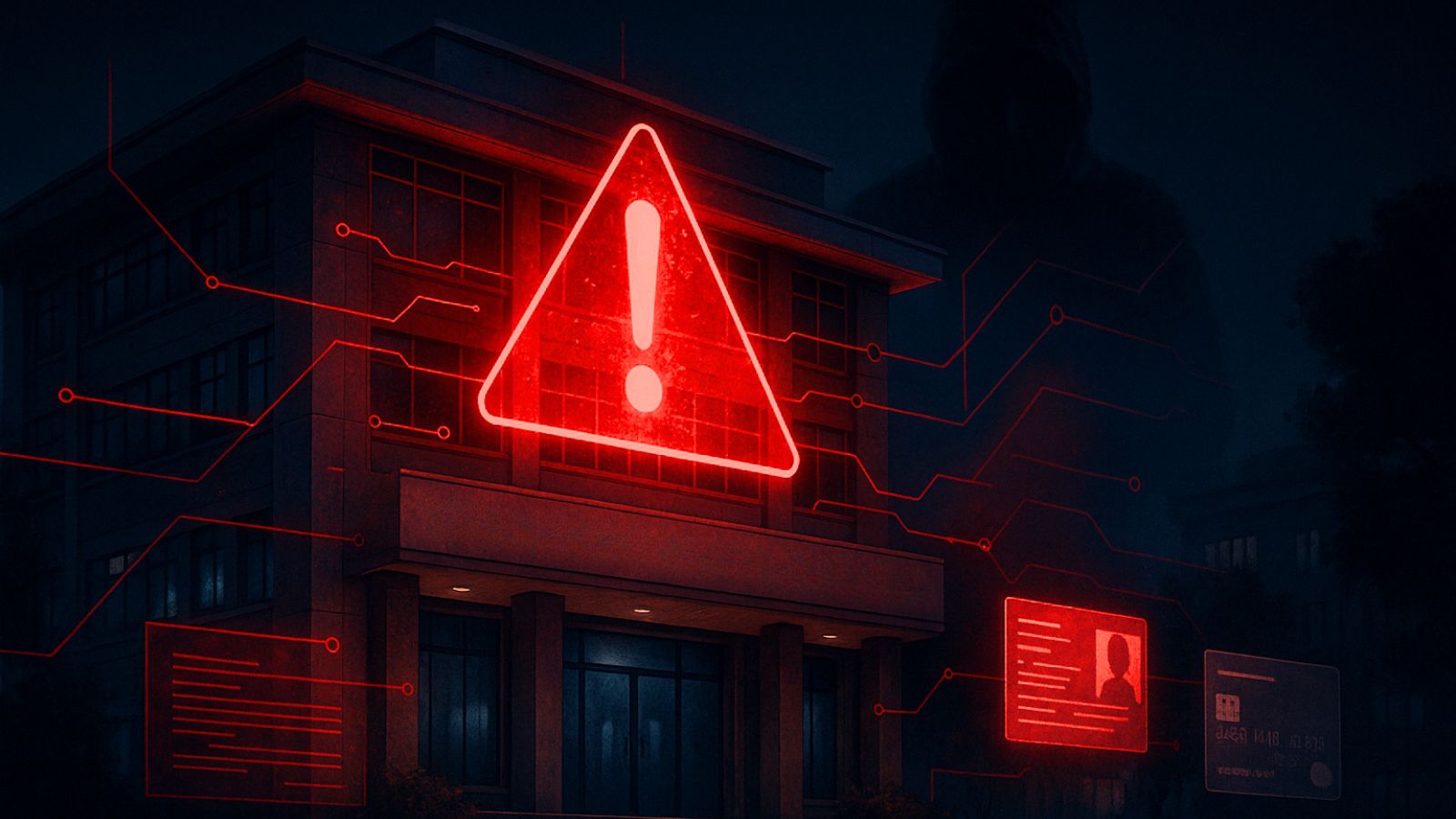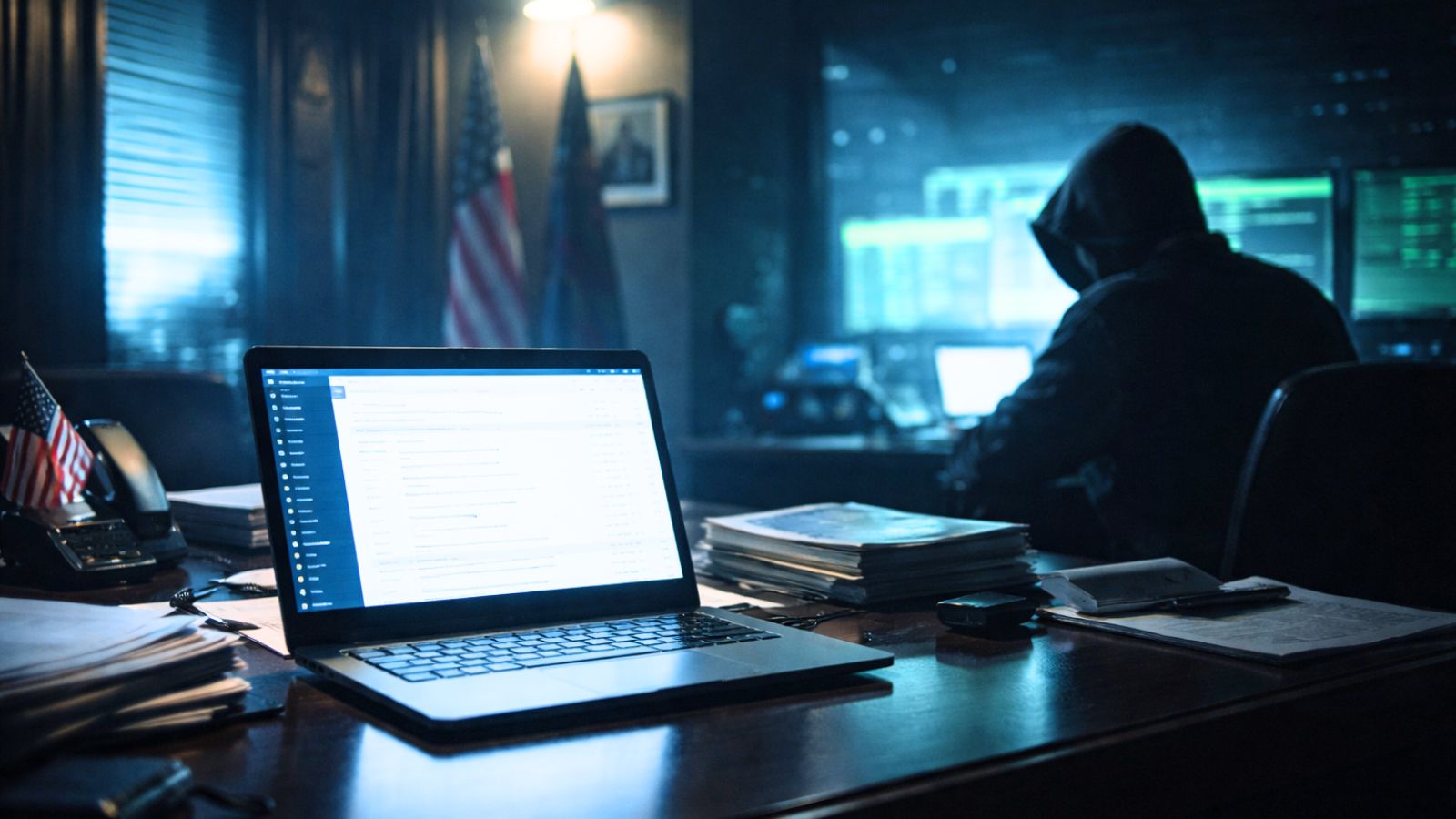
Owner of Locast Submits Counter-Lawsuit Against NBC, CBS, ABS, and Fox
- Locast is looking to fight back the four TV networks that sued them back in July.
- The non-profit organization accuses the broadcasters of conspiracy and violation of market competition laws.
- The four broadcasters believe that Locast plays the shady role of undermining their business to the benefit of their competitors.
Locast, the service of the non-profit called “Sports Fans Coalition New York” (SFCNY), and which offers re-transmissions of TV signals that come from various broadcasters, is accusing NBC, CBS, ABS, and Fox of trying to limit the freedom of access to their channels. In July, these four network giants submitted their lawsuit against Locast, accusing the non-profit of copyright law violations. The group asked the court to shut down Locast, as the latter had no re-transmission agreement with them. Locast, an experiment of attorney David Goodfriend, cites 17 U.S.C. 111(a)(5). of the Copyright Act which is a provision that exempts nonprofit organizations that don’t gain a commercial advantage or charge recipients anything beyond the cost of maintenance.
Locast is accusing the four entities of collusion, denying their allegations of being secretly supported by AT&T and Dish Networks. Locast is reaching the audience of 13 US markets, so it has an undoubtedly significant impact on the market right now. The service only accepts donations that help pay for its operation and maintenance and doesn’t charge users anything to allow access to the channel streams.
To further support their case and broaden their attacking spectrum, SFCNY accuses the four networks of failure to operate in the public interest, as they deliberately limit practical access to over-the-air signals by reducing their strength. This is done to force many to pay for video streaming services which make more money for these broadcasters. SFCNY characteristically says that the group of broadcasters is using transmitter equipment of lesser quality, intentionally degrading the quality of the signal, and limiting its reach. Moreover, and according to the lawsuit, the “big 4” convinced YouTube TV not to negotiate a collaboration agreement with Locast. YouTube TV executives were allegedly warned that if they do such a thing they would face repercussions.
The broadcasters responded to the accusations of conspiracy and violation of competition laws, as well as the request for an injunction and financial compensation. They see this counter-lawsuit as proof that Locast has no real answer to their original legal strike. They still maintain that Locast operates on pay-TV patrons like AT&T, and they trust that U.S. courts will look through the service’s fake “facade” and recognize the true nature of the non-profit, calling it “a creature of certain pay-TV interests with an entirely commercial agenda”.
Where do you stand on the above? Let us know of your opinion in the comments section down below, or on our socials, on Facebook and Twitter.







